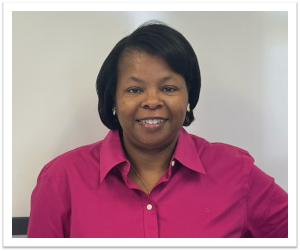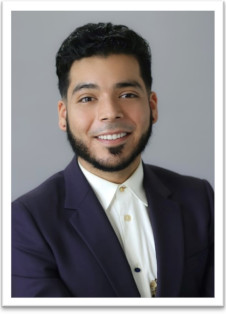
The Duke Collaborative Community Council (D3C) is a group of community members from Durham and across North Carolina. The D3C works together with the Duke CFAR to help guide HIV research at Duke. The D3C gives feedback on HIV research studies, plans community events, and helps researchers understand which research topics are most important for our community. Together, we believe that change is possible through community engagement in HIV research.
The D3C offers consultations to CFAR research teams to give feedback on grant proposal development or activities related to implementation of research projects. For example, the D3C has consulted on recruitment strategies, provided insight on best practices for compensation or methods of data collection, given advice on dissemination to ensure that study findings are communicated back to research participants and the broader community, and even guided key areas to expand CFAR’s research portfolio.
Access our summary document for language to describe the D3C in grant applications and a description of our consultation services [Duke NetID required to access].
To request a consultation, please contact Lizzy Knippler
The D3C is not currently accepting new applications. If you are interested in being involved, please contact Lizzy Knippler.
The current D3C Chair is Eugenia R.

Eugenia Rogers, Chair
Previous Leadership

Rita McDaniel, Founding Senior Advisor

José A. Romero, Founding Co-Chair
Through input from community members and recognizing the need to improve power-sharing with the community, the D3C will provide annual strategic feedback on the CFAR’s activities during Community Advisory & Exchange Forums with each Core. The Cores will provide an overview of activities, get members’ input on specific questions, and engage in conversation to brainstorm ideas for engagement, led by the D3C and what they would like to see from the CFAR researchers. These meetings will enable the D3C to ask questions of researchers, an opportunity requested and valued by our community members.